With a full reveal expected to be just months away, engineers are entering an advanced stage of development for the fifth-generation Range Rover and our photographers have captured a prototype of the plug-in hybrid variant on public roads.
It's the latest in a series of sightings of Land Rover's reinvented flagship, following recent glimpses of the standard car, the lower-slung Range Rover Sport and the top-rung long-wheelbase model. Here, mandatory stickers and a just-visible charging port give the test mule's electrified powertrain away. Otherwise, like the current Range Rover P400e, it looks like the PHEV will be completely identical to the combustion car.
A Range Rover PHEV prototype was also spotted this week in the UK, towing a trailer containing powertrain telemetry equipment, by Autocar reader Nick Cooper. The charging port and stickers were not visible this time, but he confirmed the engine was silent as it moved away.
The new Range Rover is expected to be unwrapped in the first few months of 2022, some 10 years after the launch of the current model, given that prototypes remain heavily camouflaged and Jaguar Land Rover is currently facing significant production setbacks as a result of the semiconductor shortage.

The company expects Jaguar Land Rover's semiconductor shortage to impact its output most heavily between July and September, predicting a 50% shortfall in the number of cars produced.
The new Range Rover will play a vital role in facilitating Jaguar Land Rover's recovery from the pandemic and chip shortage, and its new MLA platform, which will go on to underpin a number of other models in Land Rover's line-up, will be a cornerstone of the marque's push towards full electrification.
The plug-in hybrid spotted here is likely to use an evolved version of the Jaguar F-Pace P400e's petrol-electric set-up, which mates an Ingenium 2.0-litre turbo four with a 141bhp electric motor and a 17.1kWh battery for around 33 miles of range. However, a more potent PHEV option with two electric motors is on the cards, no doubt with superior off-road ability courtesy of a boost in low-end torque.

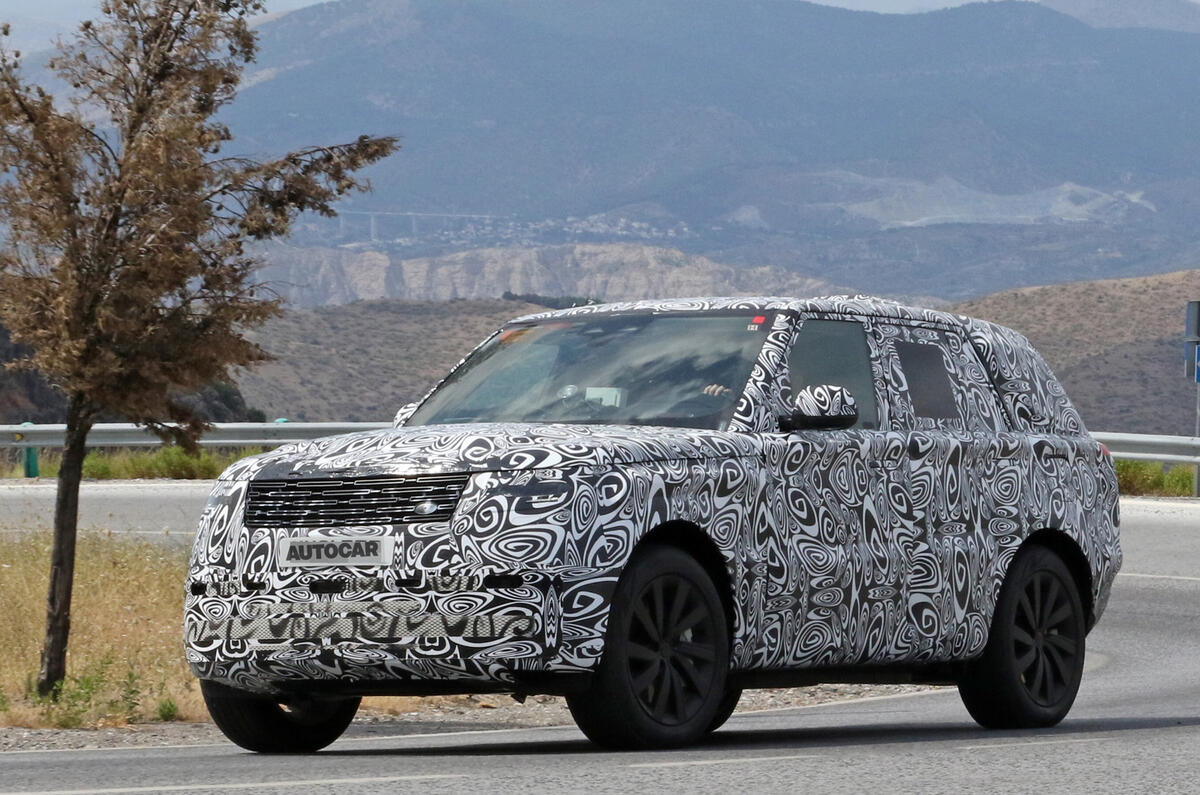
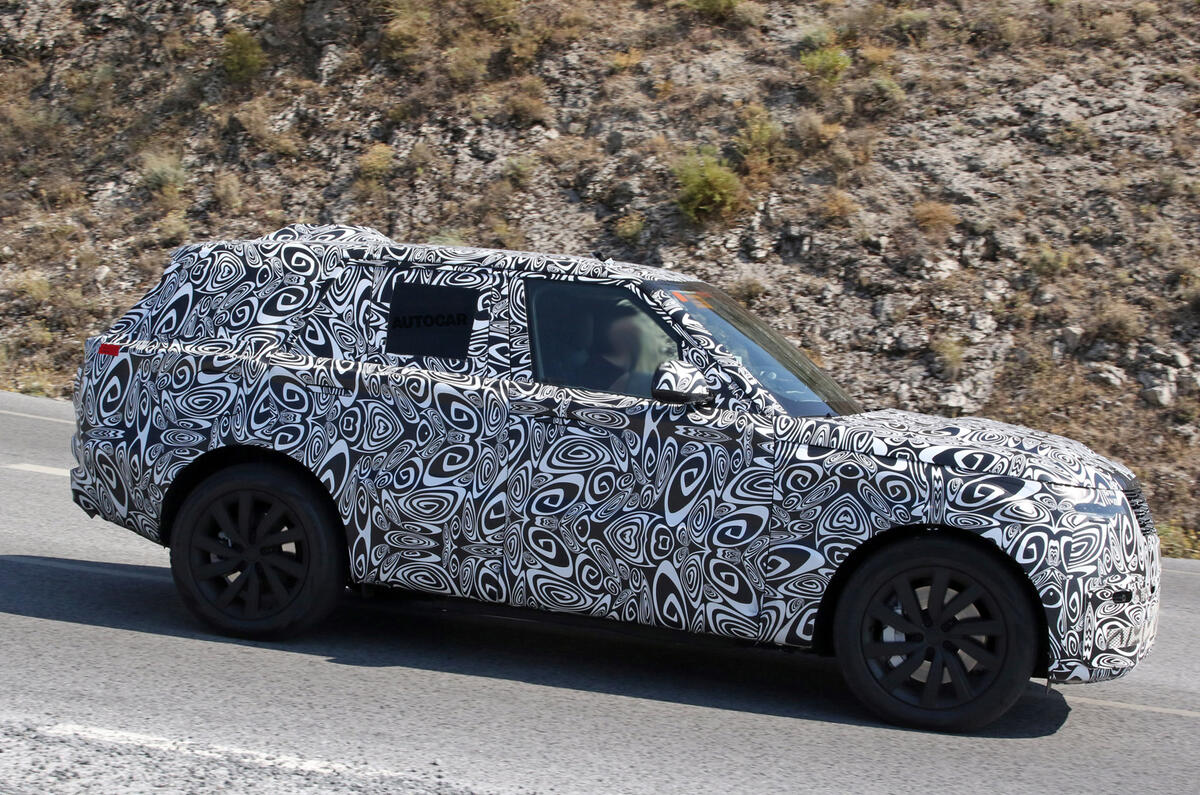

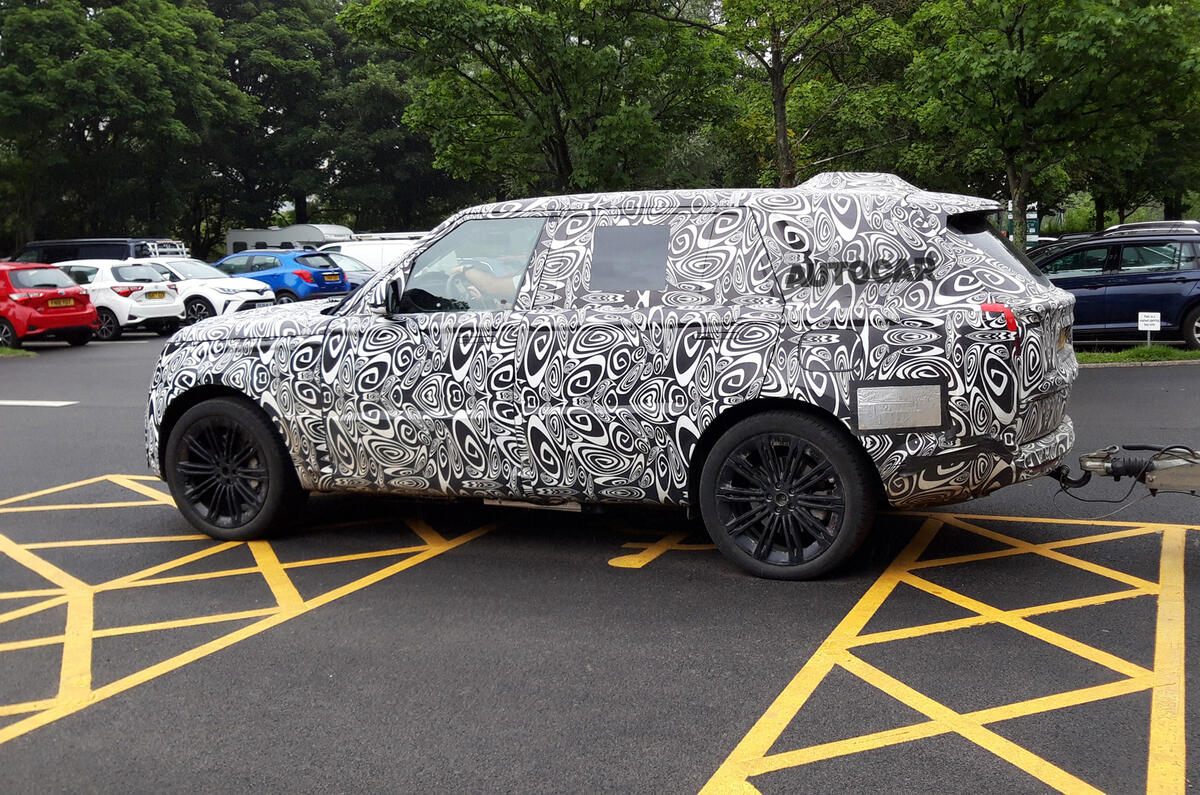
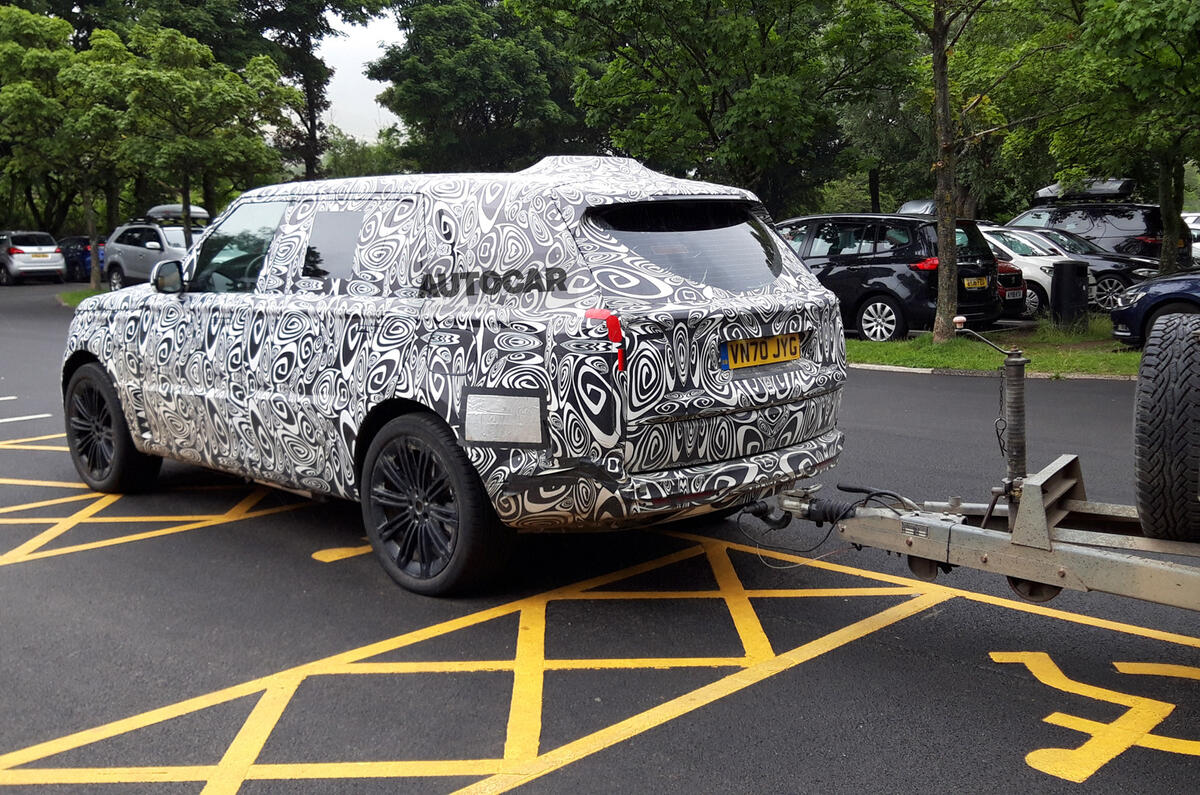
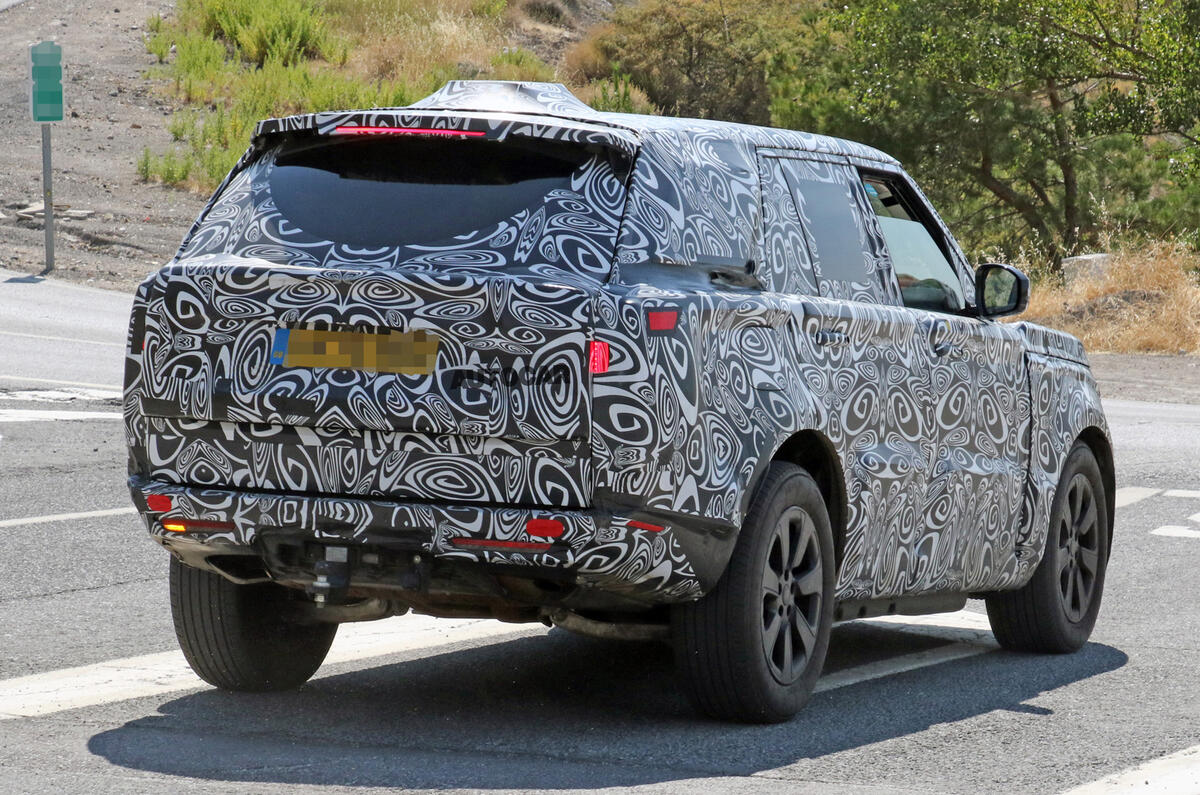
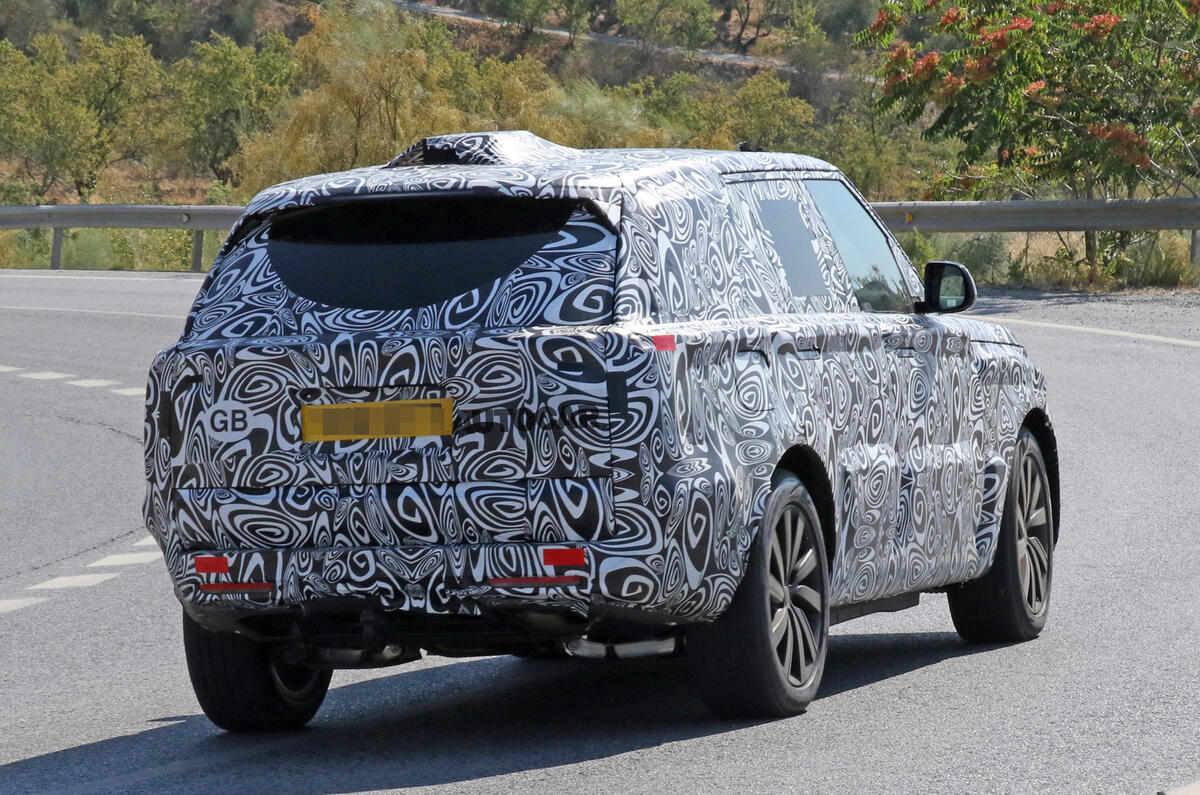
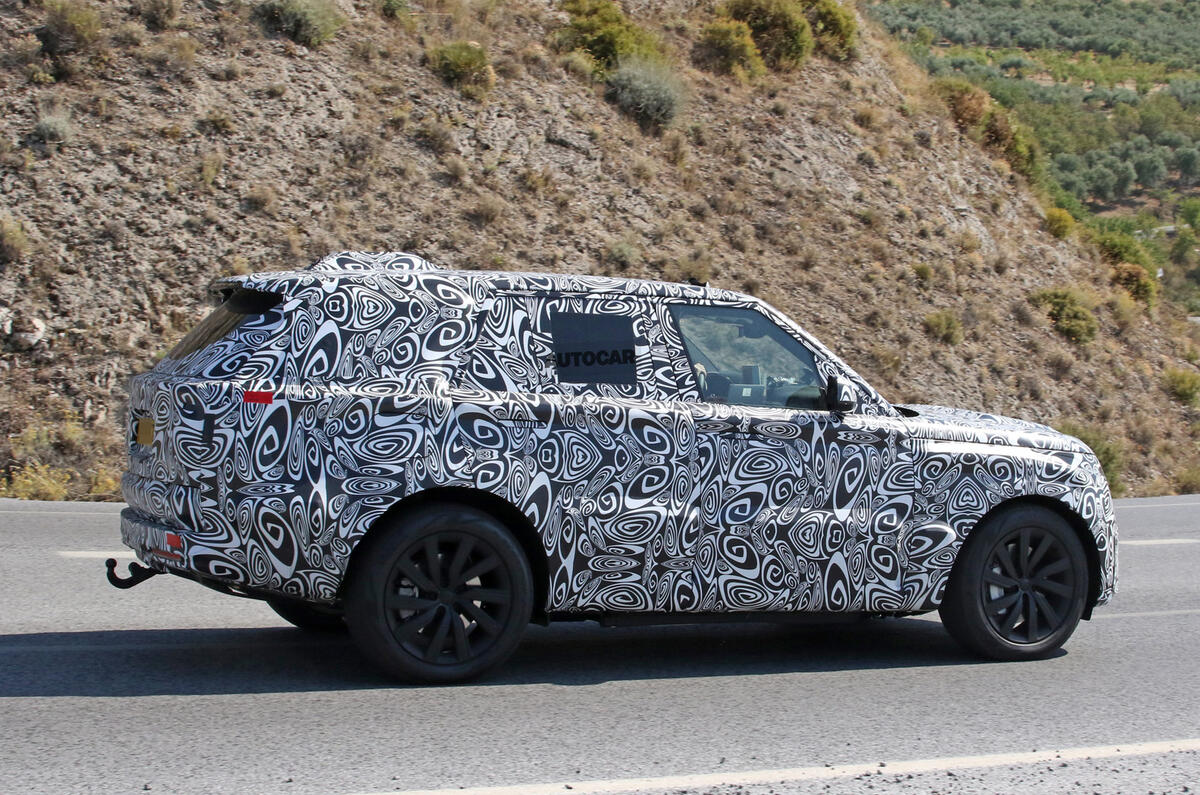

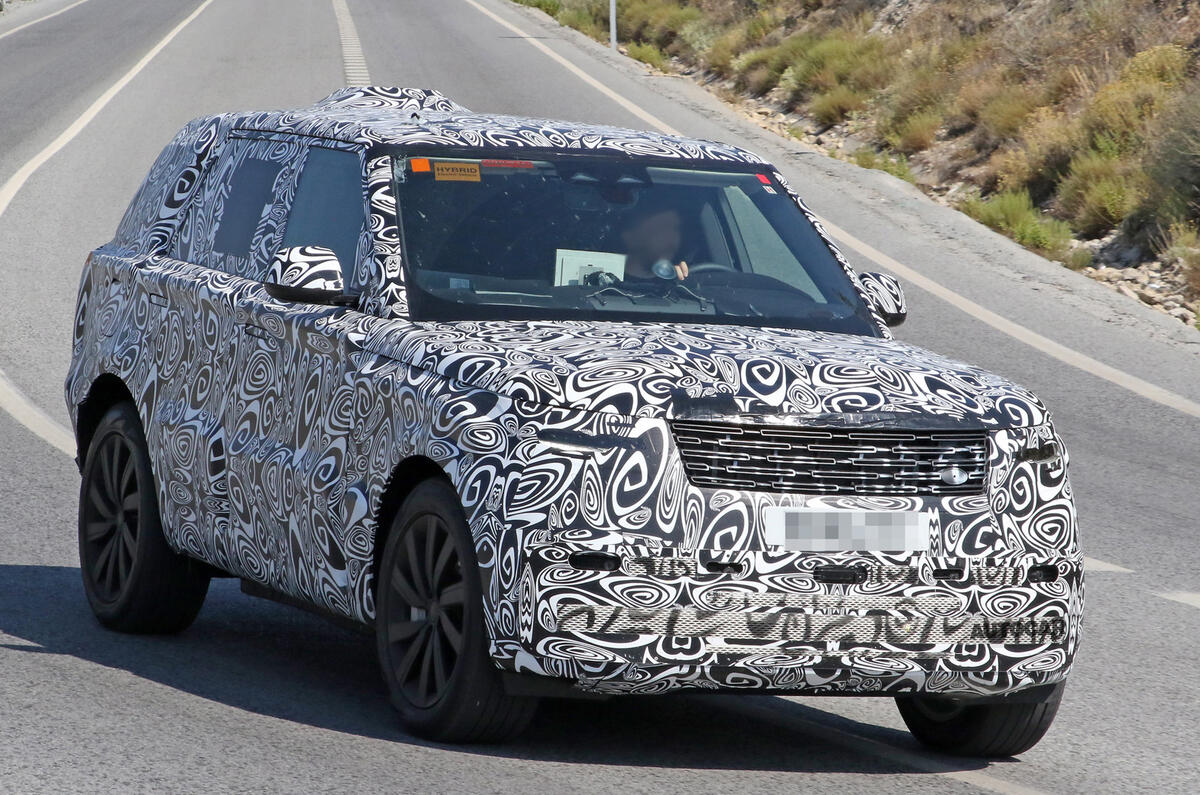
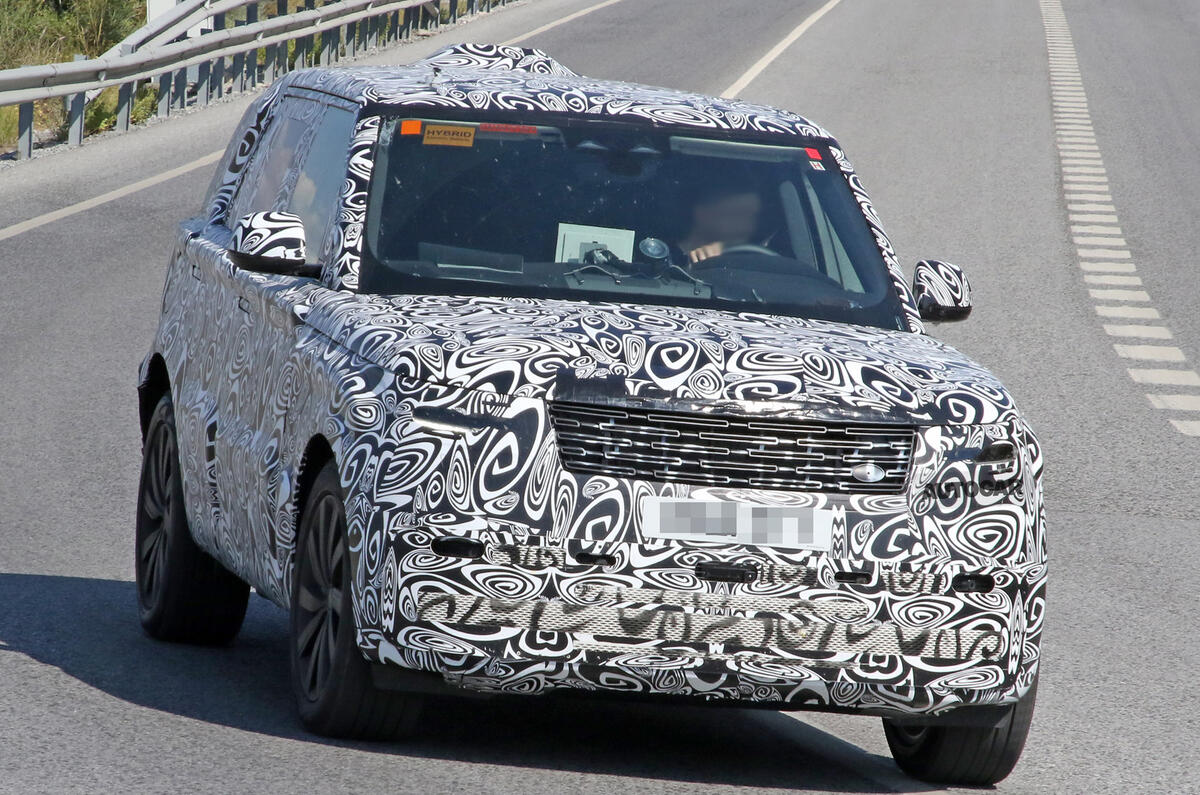

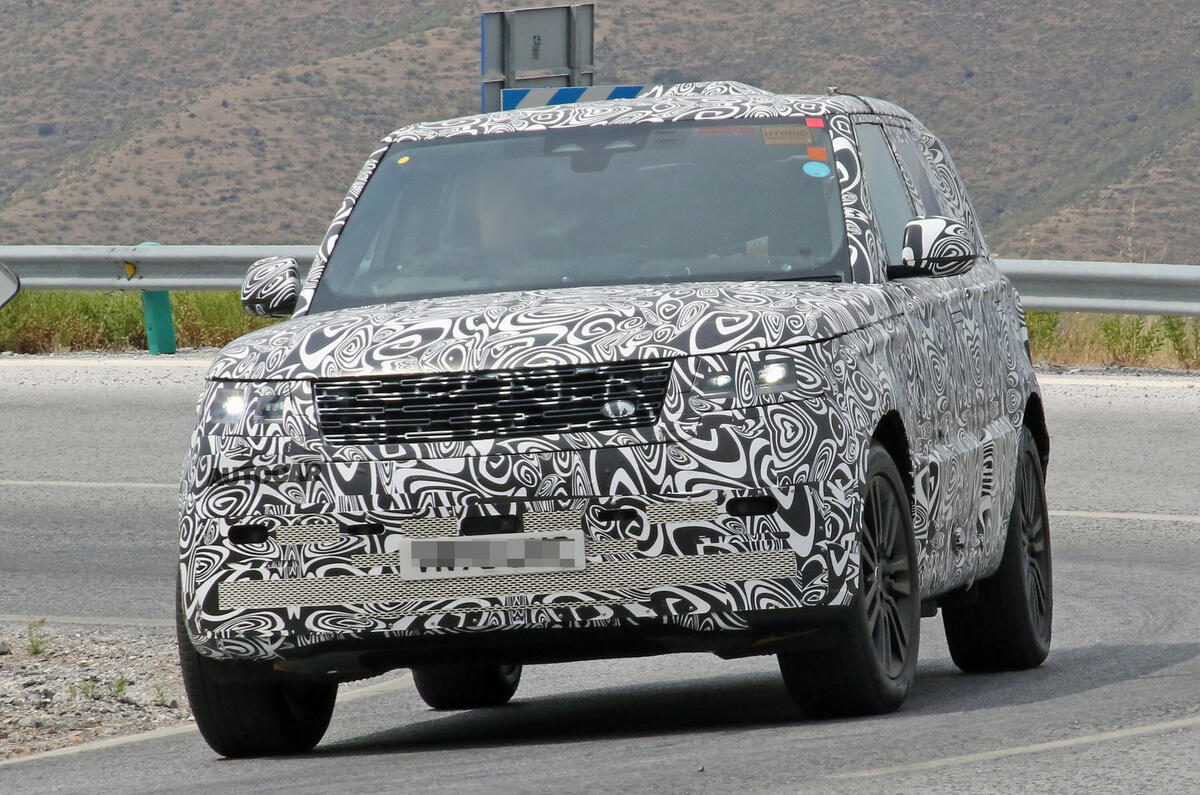
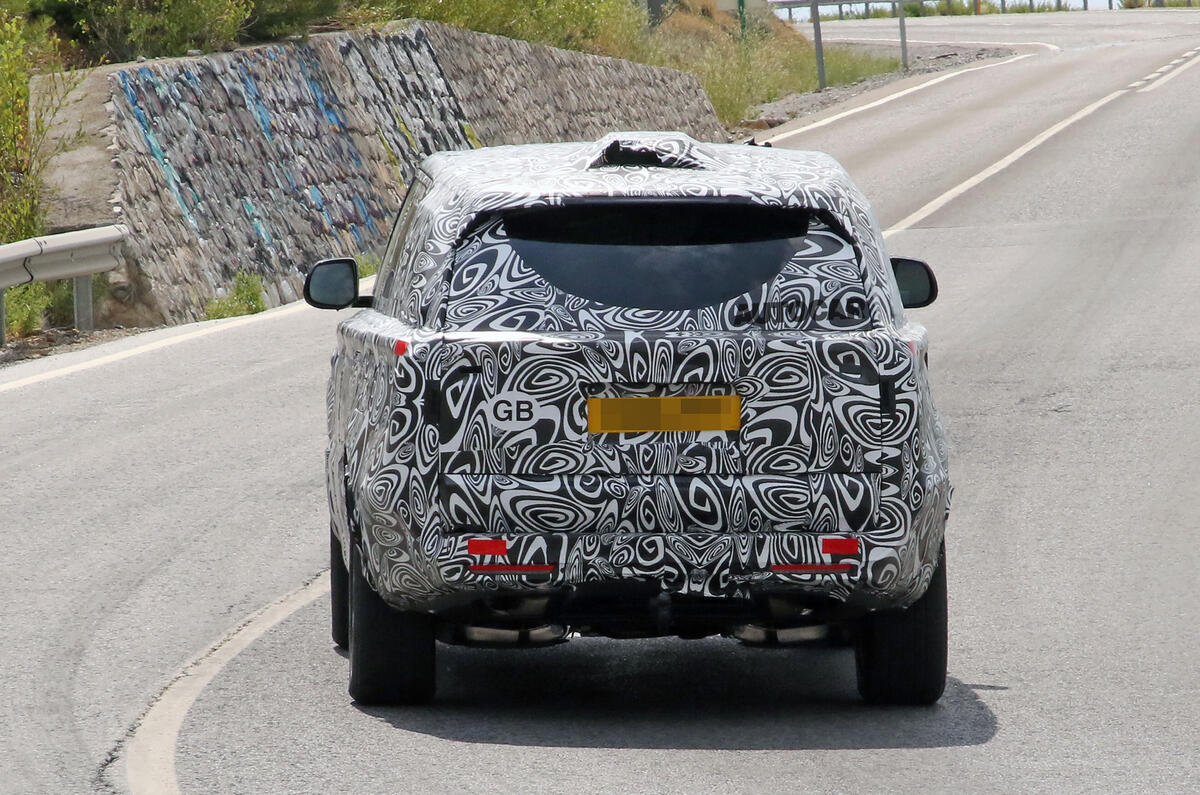
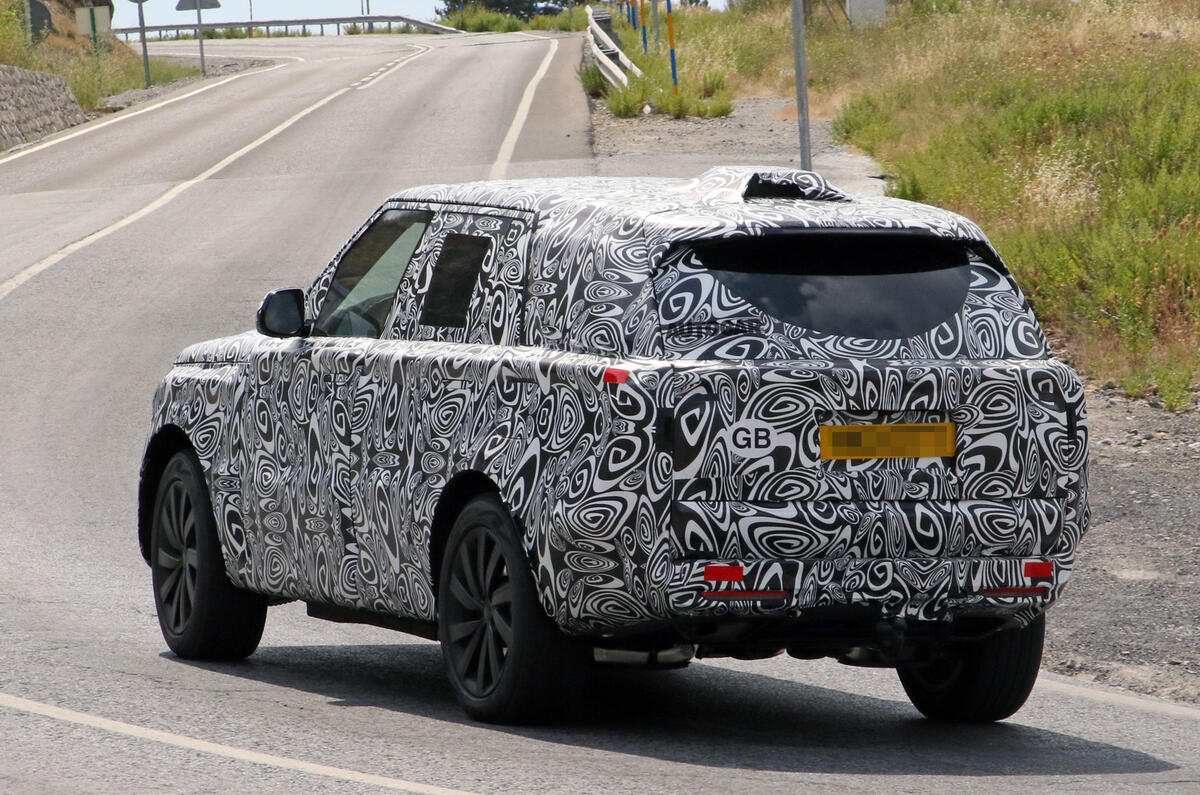

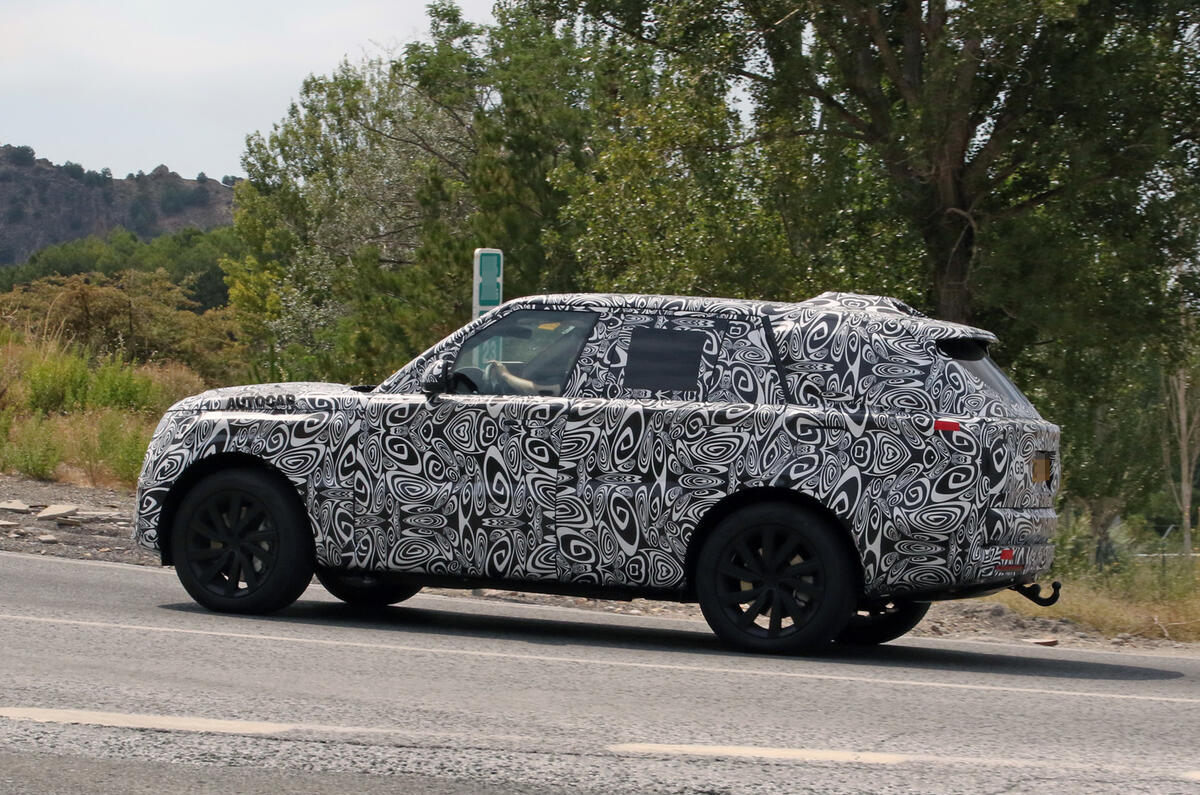
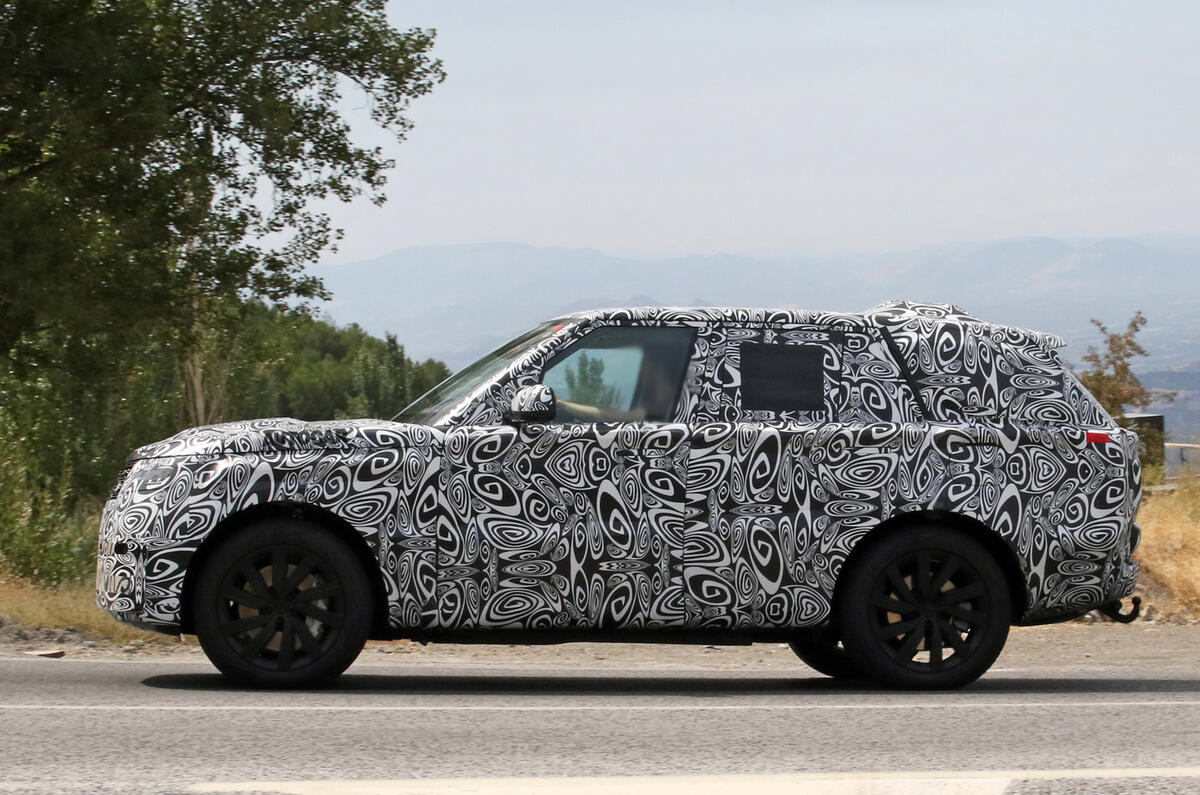
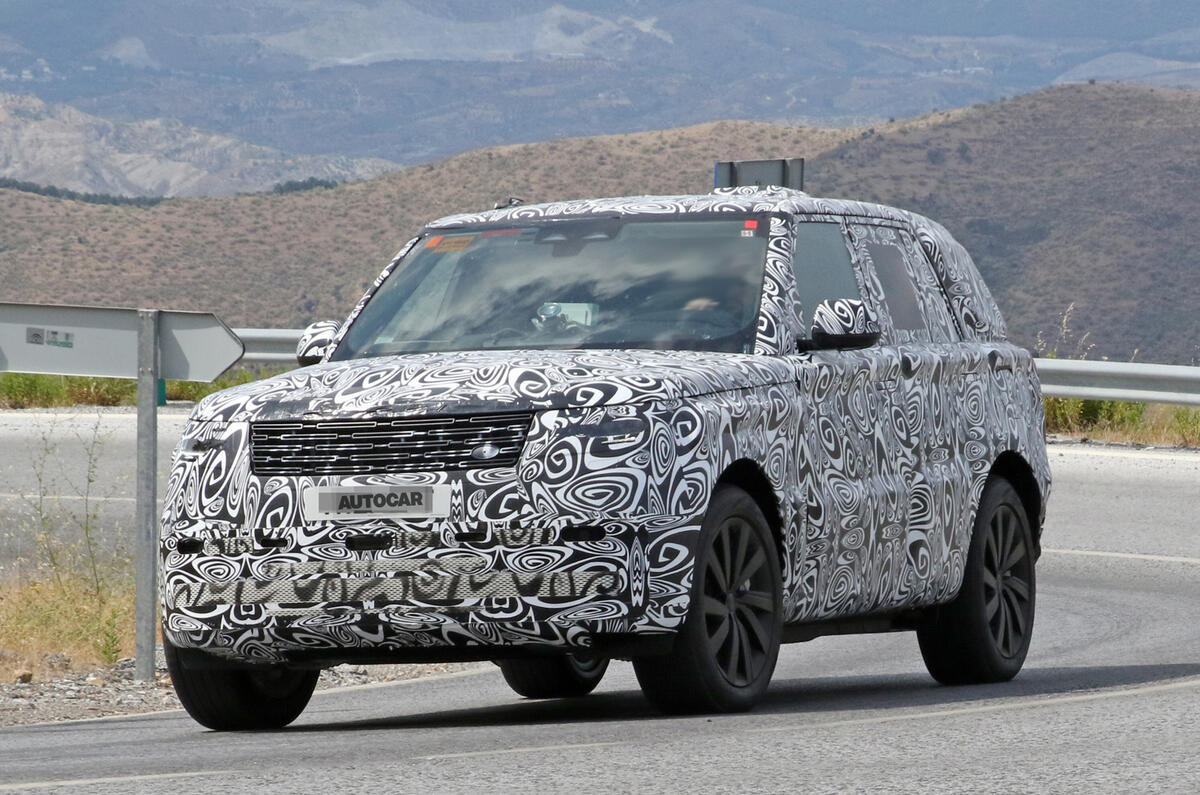
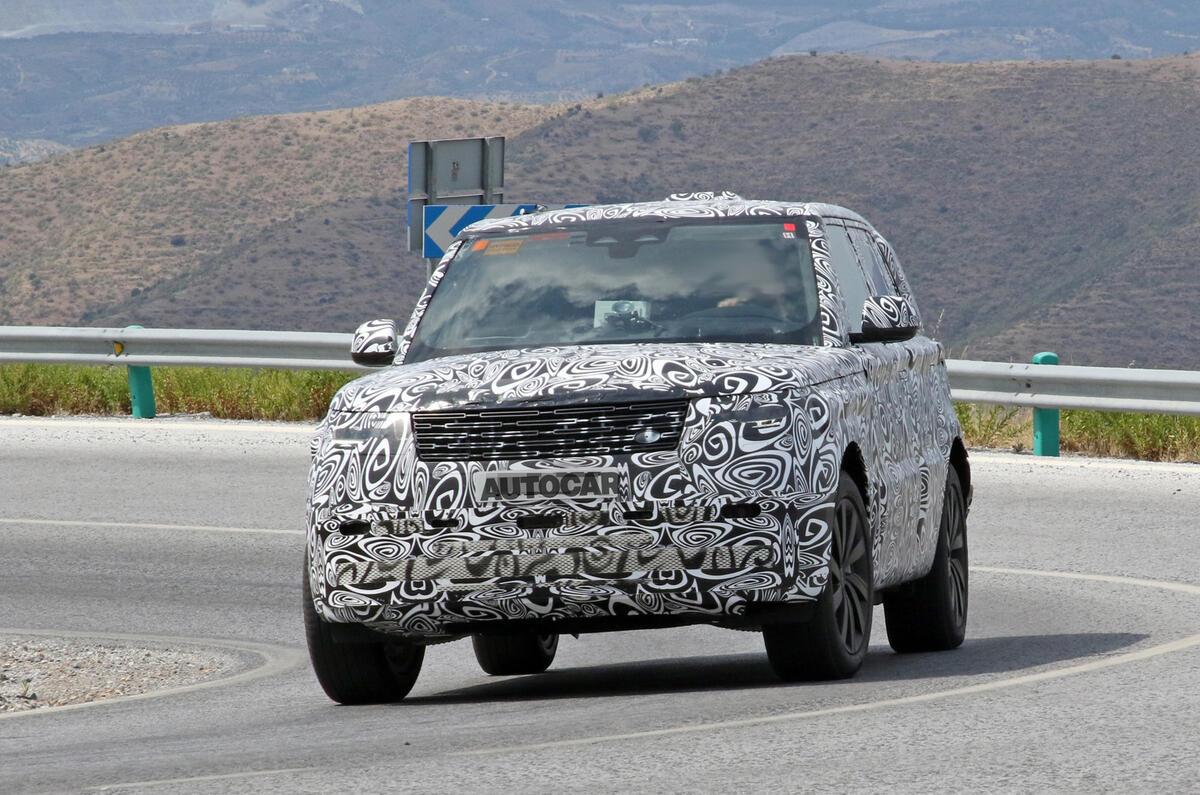
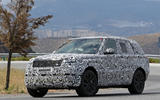
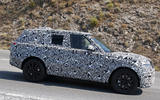
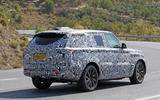
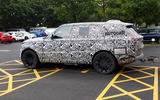
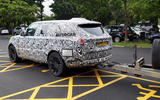






















Join the debate
Add your comment
This needs to be amazing. Customers have had enough of shonky quality and ever higher prices from RR. Bollore publically gloating in the media a la Ratner, about his profit margins doesn't help either - how about spending some of it on actually developing and building the things properly?
Surely this is not a suitable base for any battery power vehicle. Normal Range Rovers have the aerodynamics of a brick outhouse. Having said that, perhaps a rechargeable hybrid might be an improvement.
'Lets hope the semi conductor shortage gives JLR more time to develop this, and iron out the bugs BEFORE they start selling them to the public'
Good suggestion artill, but as the bugs have only been partially ironed out of the current model after 10 years, I think it's a safe bet it will be produced to the usual Land Rover 'nothing can stop it but itself' standards. Such a shame, I've always lusted after a 6 cylinder full sized Rangie, but I don't cope well with things that don't work.